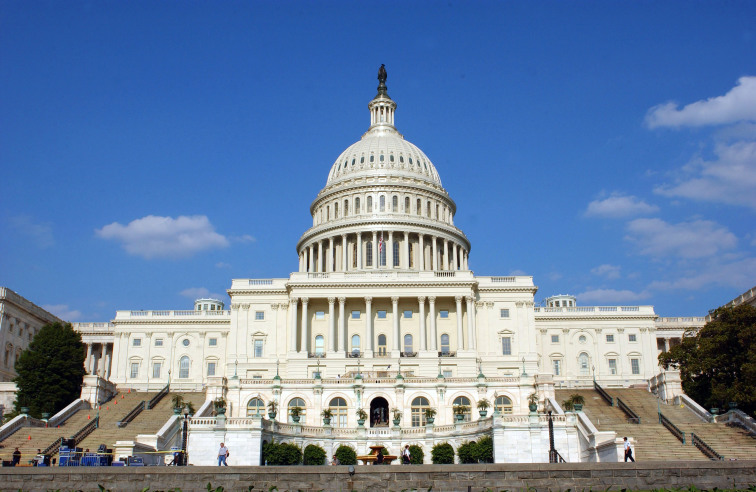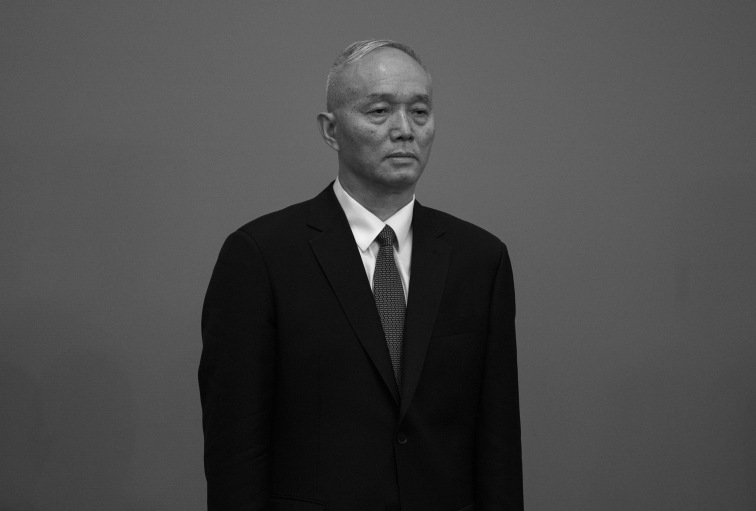[People News] According to People’s Daily Online, Chen Zhi of the Prince Group, who was recently indicted by the United States, and She Zhijiang of the Asia Pacific Group, who was extradited to China by the CCP, are both spies for the CCP’s Public Security and State Security apparatus. In a recent article published in The Epoch Times, commentator Heng He pointed out that many major international criminal organizations linked to overseas Chinese are actually run by the Chinese Communist Party.
She Zhijiang, founder of the “Asia Pacific New City” gambling complex in Myawaddy, Myanmar, was extradited from Thailand to China on the 12th. Heng He noted in his article that the most important aspect of She Zhijiang’s case may be his public admission that he was an agent of China’s Ministry of State Security—something he said himself in an Al Jazeera 101 East interview conducted in 2024 via a video visitation system from a Thai prison while he was detained. He said he knew things related to Xi Jinping, referring to him as “the one at the highest level.” When Xi Jinping visited the Philippines in 2018, She attended the state banquet hosted by the Philippine president for Xi and even filmed video footage of Xi. Ordinary overseas businessmen could not do such things. He knew too many secrets about state security and Belt and Road dealings. He said that if he were sent back to China, he would certainly be silenced.
She told Al Jazeera that in 2016 he was recruited as a state security spy and in 2017 became a Cambodian citizen. He said he obtained citizenship on orders from state security. He founded the “Myanmar Asia Pacific International Intelligent Industrial New City” (“Asia Pacific New City”), located near the notorious KK Park. He said he established the Asia Pacific Group under orders from China’s Ministry of State Security and insisted that the valley where Asia Pacific New City was built was part of the CCP’s Belt and Road Initiative.
She said that after joining state security he deeply regretted it. The CCP only wanted colonies, while he simply wanted to do business.
Heng He noted that Al Jazeera often films content that other media are unwilling or afraid to touch. For example, in 2018 Al Jazeera filmed on-site footage in Taiwan of the pro-CCP Patriot Alliance Association attacking Falun Gong practitioners outside Taipei 101, and secretly recorded Patriot Association members admitting their funding came from the CCP.
Coincidentally, Chen Zhi of Cambodia’s Prince Group—recently indicted by the United States—is also a spy for the CCP’s Public Security system. This was revealed by Eric, a defected spy from the Political Security Bureau of China’s Ministry of Public Security.
The Cambodian Prince Group’s cross-border fraud and money laundering operations have drawn global attention. In Taiwan alone, authorities seized movable and immovable assets valued at more than NT$4.5 billion. However, the Prince Group is vast, and its internal membership remains largely undisclosed. Even its chairman, Chen Zhi, who has been indicted by the U.S. Department of Justice and placed on a sanctions blacklist, has still not been publicly seen. Taiwan’s SET News obtained information from Cambodian sources stating that Chen Zhi is merely a figurehead. The entire group is backed by seven major shareholders, including Taiwanese nationals and a faction from Fujian. The Fujian faction has close ties with Chinese President Xi Jinping. Given Cambodia’s close relationship with the CCP, even if authorities knew the group was engaged in fraud and money laundering, no one dared to touch them.
The exposure of She Zhijiang’s and Chen Zhi’s identities as spies reveals that two of the biggest scam-compound empires in Southeast Asia are controlled by CCP operatives. The reason Southeast Asia’s scam zones, gambling dens, and sex-industry compounds are so ruthless and difficult to eradicate is that they were cultivated by the CCP—far worse than any mafia. No matter how vicious a gang is, it pales in comparison to the CCP.
So why is the CCP suddenly cracking down recently?
Heng He said one reason may be U.S. intervention. The United States indicted Chen Zhi and his Prince Group, exposing many secrets. The CCP does not want She Zhijiang to fall into U.S. hands and could only feel safe by immediately extraditing him back to China. Another possibility is internal power struggle—She Zhijiang’s political patrons may have lost influence, forcing him to be handed over to rising factions. Another possibility is turf war between Public Security and State Security.
Eric recently gave an interview in which he explained that the Tenth Bureau of State Security handles overseas transnational repression. Generally, Public Security and State Security cooperate, but they also fight with each other. Because the Political Security Bureau of the Ministry of Public Security and many departments of the Ministry of State Security have overlapping duties, they have conflicts of interest.
A final possibility is what She himself said: the CCP leadership betrayed him because he refused to hand over his project for their control. This refers to when his Myanmar project came under scrutiny—state security ordered him to leave Myanmar and go to Taiwan for United Front work. He refused, triggering CCP retaliation.
Chen Zhi and She Zhijiang share many similarities: both were cultivated or co-opted by the CCP’s security apparatus, and both were well-known overseas Chinese community leaders.
This shows that many prominent pro-CCP overseas Chinese leaders—publicly affiliated with the United Front system—are likely also spies or informants for state security or public security. Many international criminal organizations involving ethnic Chinese are controlled by the CCP or CCP-aligned forces. Otherwise, they could not operate for so many years within territories under CCP influence.
△










News magazine bootstrap themes!
I like this themes, fast loading and look profesional
Thank you Carlos!
You're welcome!
Please support me with give positive rating!
Yes Sure!